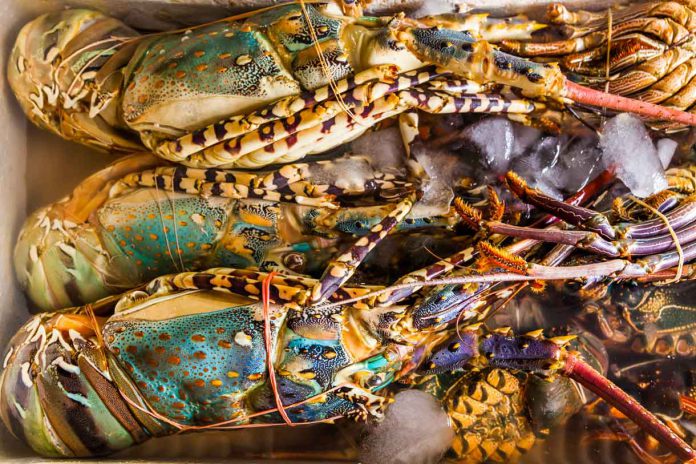The results of Oceana Canada’s latest seafood investigation, released today, provide mounting evidence that Canada has a widespread and unchecked seafood fraud problem. DNA testing of seafood samples from retailers across Montreal revealed that Canada’s second-largest city has one of the highest rates of mislabelling found in testing across Canada: a shocking 61 per cent were either a substituted species or didn’t meet the labeling requirements set out by the Canadian Food Inspection Agency (CFIA).
This testing contributes to Oceana Canada’s national, multi-year investigation – the most comprehensive study of seafood fraud and mislabeling at grocery stores and restaurants ever conducted in Canada. It has shown that almost half of 472 samples – 47 per cent – collected in six Canadian cities from 2017-2019 were mislabelled. In addition to Montreal, this includes testing in Victoria (67% mislabelled), Toronto (59% mislabelled), Ottawa (46% mislabelled), Halifax (38% mislabelled) and Vancouver (26% mislabelled).
“We have found farmed fish served up as wild-caught, cheaper species substituted for more expensive ones and fish banned in many countries because of health risks masquerading as another species,” said Josh Laughren, executive director at Oceana Canada. “We’ve also uncovered rampant problems with Canada’s seafood traceability and labeling standards. Canadians deserve to know that their seafood is safe, honestly labeled and legally caught.”
“The good news is that there is a solution: implementing boat-to-plate traceability and comprehensive labeling in Canadian seafood supply chains. This means requiring key information to be paired with fish products from the point of harvest to the point of sale,” said Laughren. “This will reduce instances of fraud and mislabelling, protect Canadian consumers, honest fishers and vulnerable fish populations, and help Canada’s seafood industry access global markets – many of which already demand stronger traceability.”
Experience from other countries shows that boat-to-plate traceability regulations work to stop fraud and protect both consumers and our oceans. The European Union, the world’s largest seafood importer, has instituted stringent traceability and comprehensive labeling requirements. As a result, fraud rates dropped from 23 per cent in 2011 down to seven per cent in 2014.
Canada produces high-quality seafood, roughly 85 per cent of which is exported, and about 80 per cent of the seafood consumed in Canada is shipped from overseas. Canadian industries that sell their products in the EU are already in compliance with these requirements, yet fishers from other countries who sell their products in Canada are not obliged to provide the same level of information to Canadian consumers.
“Canada lags far behind our largest trading partners in providing Canadian consumers with comprehensive and accurate labeling information about where their seafood is coming from,” said Sayara Thurston, a seafood fraud campaigner at Oceana Canada. “Seafood follows a complex and obscure path, often crossing many national borders before it reaches our plate. There is a risk of fraud and mislabelling at each step along the way.
“If Canada’s traceability requirements continue to lag behind those of our major trading partners, our food safety reputation is at risk,” says Thurston. “Oceana Canada is calling on the government to swiftly implement boat-to-plate traceability in line with global best practices.”
To access Oceana Canada’s full report and other materials, and sign a petition urging CFIA to take a leadership role in implementing full boat-to-plate traceability, visit www.oceana.ca/StopSeafoodFraud.
Oceana Canada was established as an independent charity in 2015 and is part of the largest international advocacy group dedicated solely to ocean conservation. Oceana Canada has successfully campaigned to end the shark fin trade, make rebuilding depleted fish populations the law, improve the way fisheries are managed and protect marine habitat. We work with civil society, academics, fishers, Indigenous Peoples and the federal government to return Canada’s formerly vibrant oceans to health and abundance. By restoring Canada’s oceans, we can strengthen our communities, reap greater economic and nutritional benefits and protect our future. Visit www.oceana.ca to learn more.



